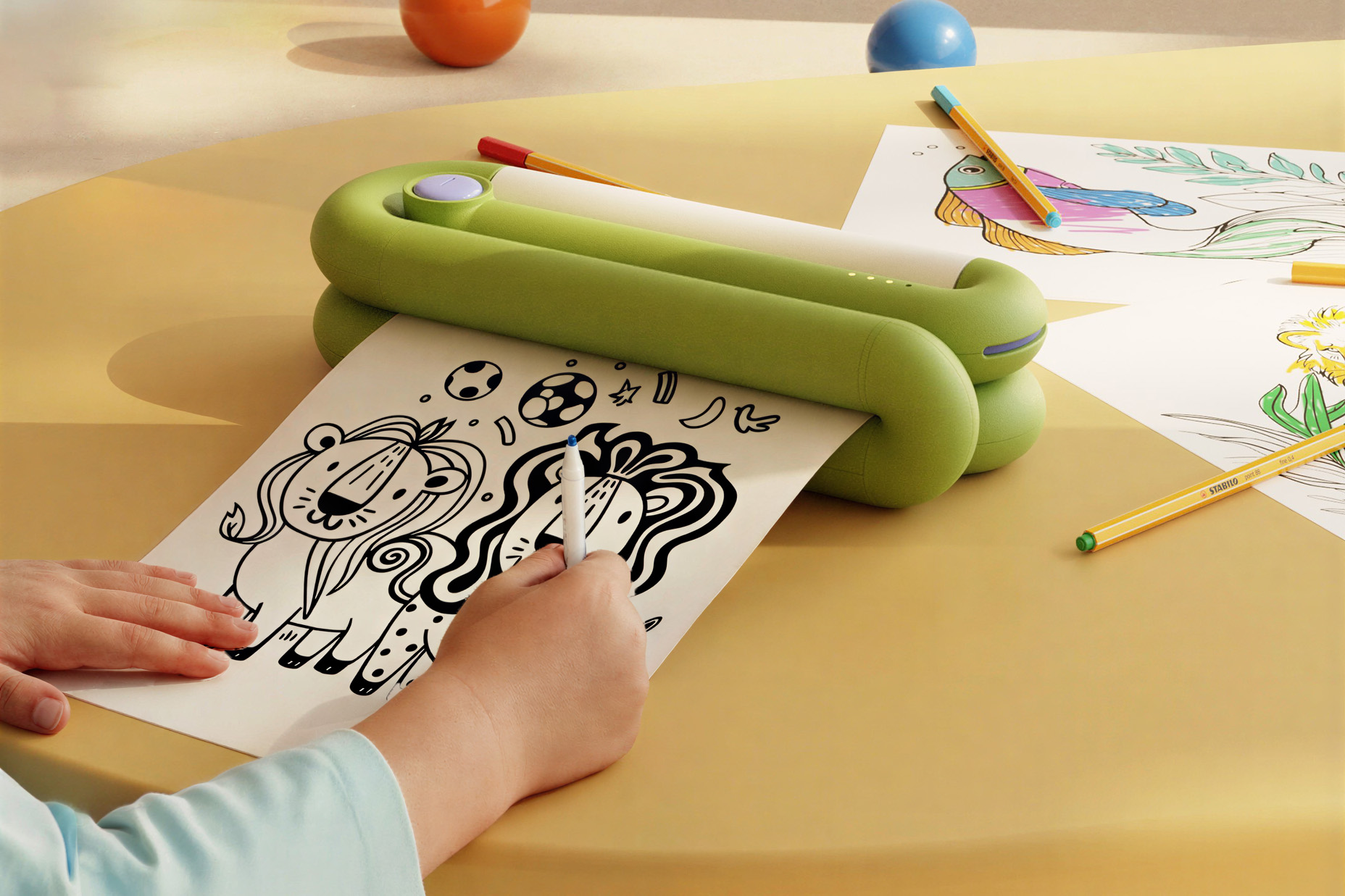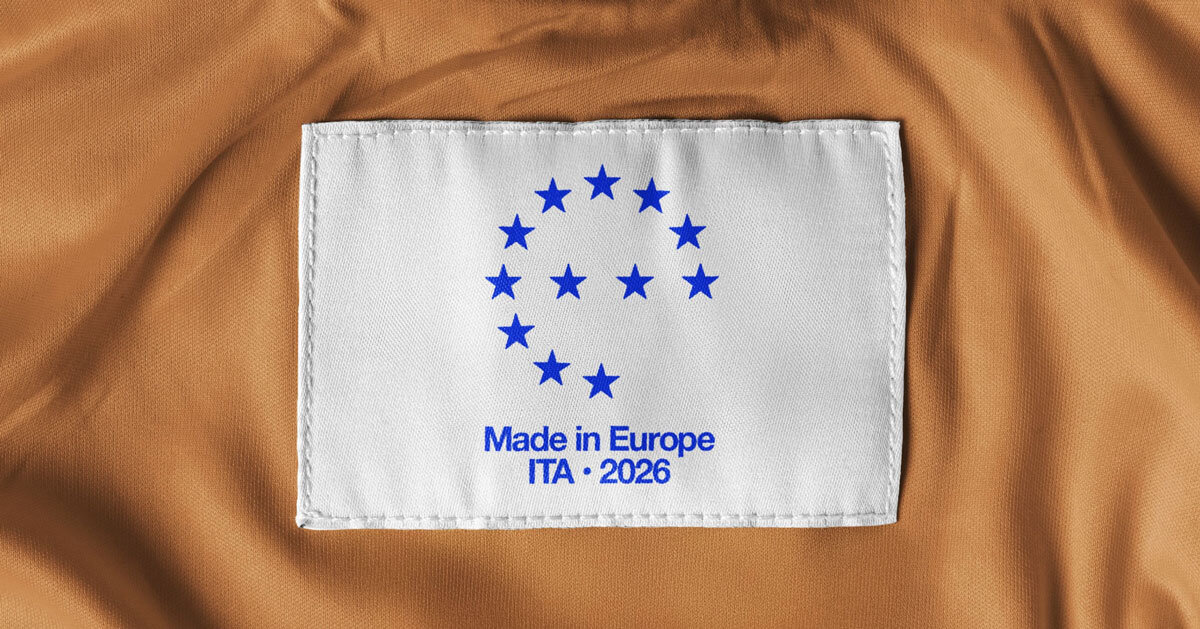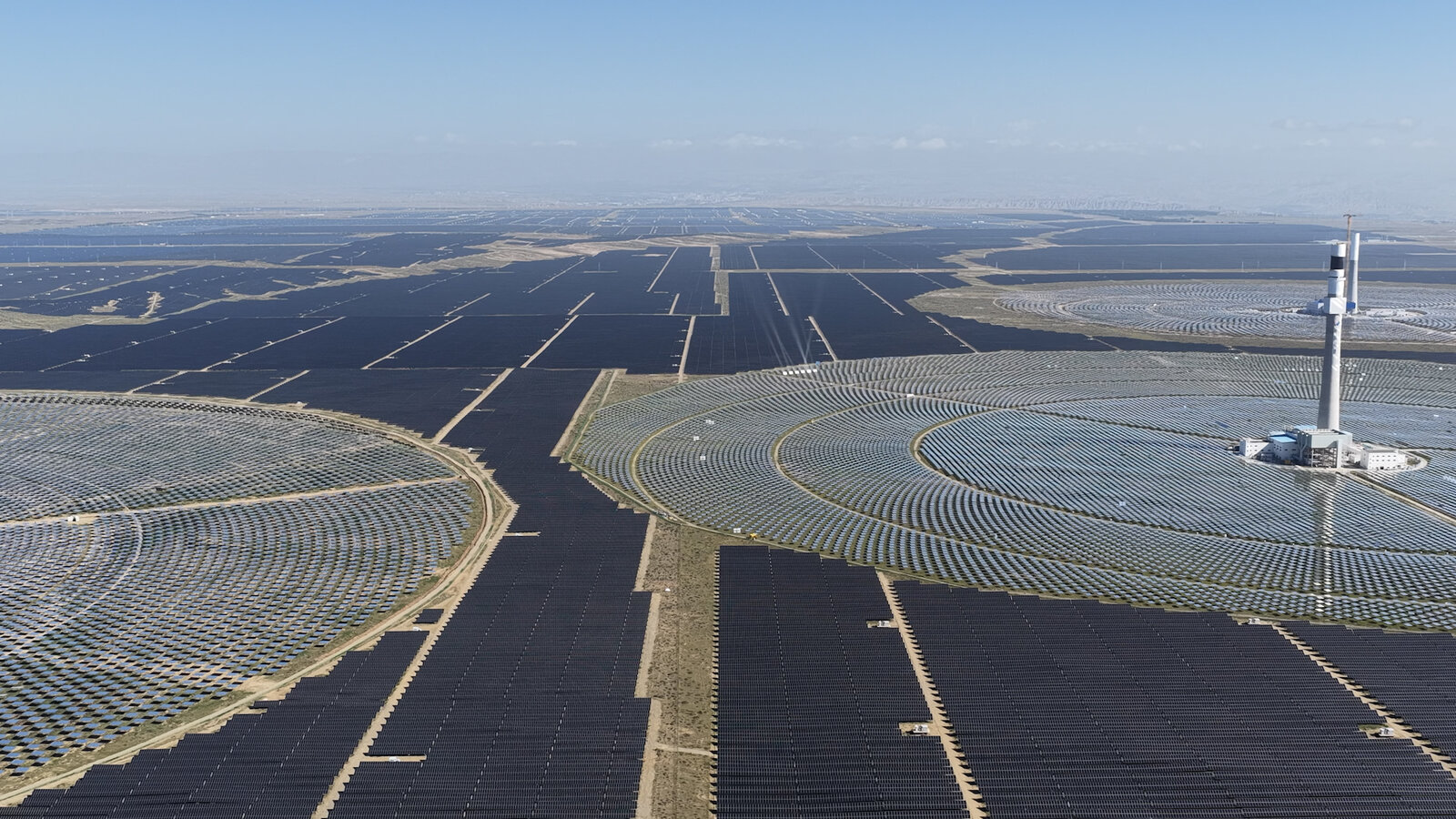4 things a week: digital ghosts and ancient wisdom
It's been a week of looking both forward and back.

1. World
There is a saying "If you want to catch a fish, plant a tree”. This is the English expression of a traditional Japanese concept known as uotsukirin (魚付き林), which translates to "fish-breeding forest" or "fish-attracting forest."
This 1000+ year old wisdom communicates the direct relationship between forests close to rivers, estuaries and coastlines and the nutrients in the sea that feed the food chains vital for healthy fish and seafood populations.
It was this indigenous knowledge that was revived by oyster fisherman Shigeatsu Hatakeyama from Kesennuma Bay, Japan in 1989 after realising the connection to deforestation and pollution in the rivers upstream that was causing a decline in his catch. He started a movement called “Forests are Lovers of the Sea” and planted over 50,000 trees in his lifetime. The impact of which successfully restored the local oyster beds.
This is a wonderful story and a wonderful regeneration project inspired by ancient indigenous wisdom. But it’s also shocking that something understood so implicitly - the relationship between the forests and the fish - was completely forgotten for so long. A reminder that so many of the answers we need to restore our land, rivers and oceans are not yet to be found, but have been known all along.
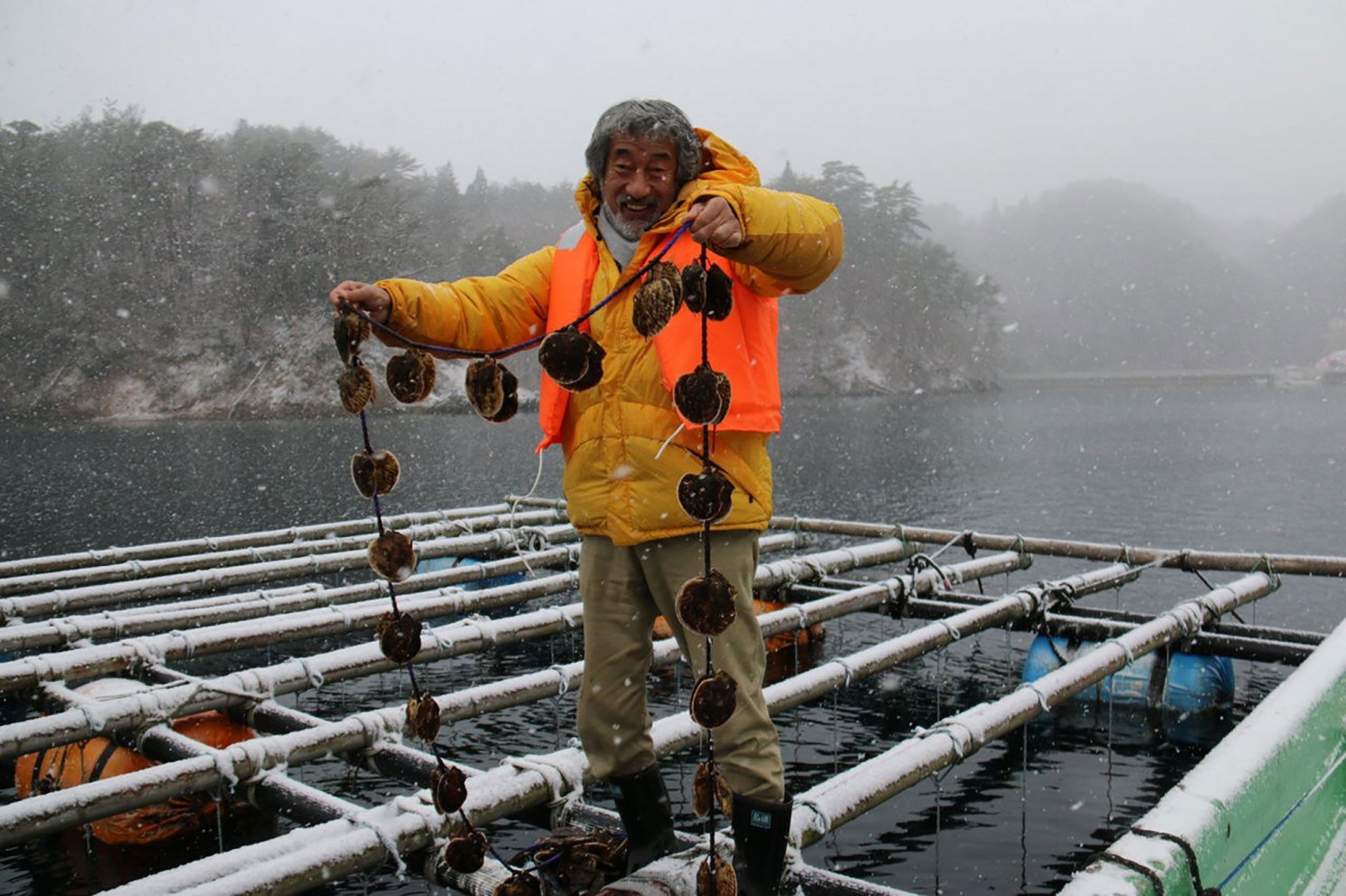
2. Innovation
At Morrama we’ve been exploring the use of AI to capture the knowledge and lived experience of people before they die, enabling loved ones to be able to talk to their relatives when they are no longer with them. Also called ‘digital ghost’, this chat-bot or digital simulation is something being developed by companies including HereAfter AI and StoryFile.
This idea has been around for a while however. The personal AI chatbot Replika that first launched in 2017 was developed on this very premise. Having lost a close friend very suddenly, founder Eugenia Kuyda trained an AI on their WhatsApp messages so that she could continue to speak to him. She then uploaded Roman (that was his name) onto the App store and suddenly everyone wanted one. It turned into the well known, and somewhat controversial, AI companion app. You can listen to more about the outcome of this in Black Box - a really interesting and insightful podcast by the Guardian.
The controversy comes from the very mixed opinions on the growing number of AI companions and whether the attachments people form to them are healthy. And then there is the added nuance between forming a relationship with a generic AI, and one deliberately trained it to replicate someone real. What about those who can’t let go, who spend all their time with their brother, friend, father, wife, ex-boyfriend...
Setting aside the emotional side of it, the ability AI provides to capture experiences and wisdoms of people before they pass away offers an amazing way of preserving and passing on knowledge from generation to generation. Wisdoms such as planting forests to increase fish-breeding for example...
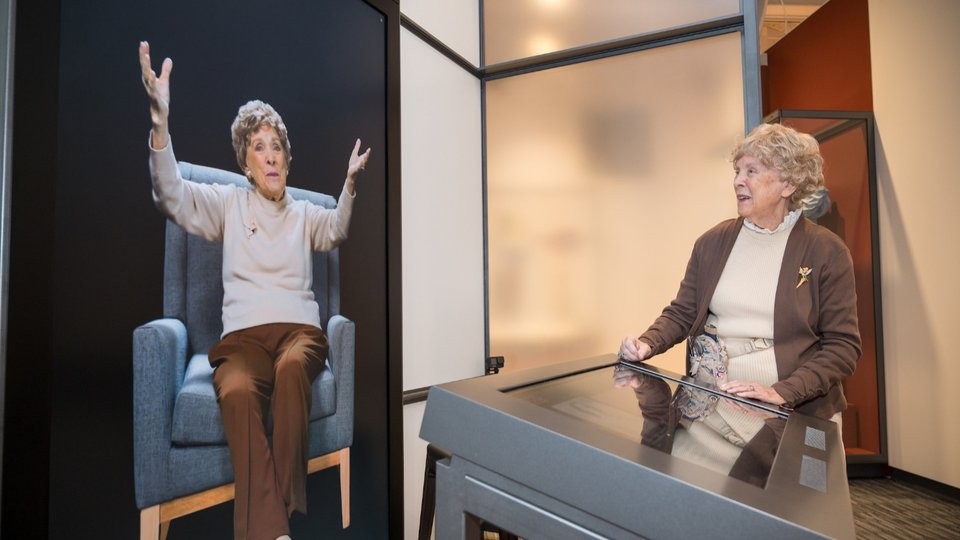
3. Morrama
Last week I did two things that highlighted a conundrum that many businesses face.
Firstly I completed Morrama’s Scope 1 & 2 carbon calculations for 24/25, and then I got on a flight with two colleagues to Shanghai.
In our 24/25 financial year at Morrama, no-one in the team took a long haul flight. This is rare - we often have to visit suppliers in the Far East - yet several short trips to Europe meant that flights still accounted a third of our total emissions.
And now, with that one trip to China, we’ve immediately ensured our emissions for this year will be higher than the last.
Could we have avoided the trip - maybe. But would we have gained the knowledge and ensured the close relationship necessary for us to continue to develop truly sustainable packaging solutions with our manufacturing partner - no.
But how do you calculate the intangible potential future benefits of creating solutions that enable brands to move away from single use plastic packaging and into refill, renewable, and circular alternatives? And then weigh this against the emissions of a few flights?
You can’t.
So our emissions will go up as we attempt to create more positive impact, and yet on paper we just see the harm.
So, this is a question for the audience...What have others done to address this? I’d love to hear from you.

4. Inspiration
It’s five years since we wrote our 10 Design Principles for a Better World and so it felt like time to share them again.
I’ve written them out below, but you can read them in more depth over on the website 10designprinciples.com
01 Good design has a reason to exist
02 Good design is inclusive
03 Good design is built on honesty
04 Good design is thorough through to end-of-life
05 Good design is designed for appropriate lifespan
06 Good design is intuitive
07 Good design is people and planet-centred
08 Good design encourages positive behaviour change
09 Good design is beautiful
10 Good design is considered down to the last detail
And perhaps one more I'd like to add...
11 Good design considers the needs of future generationsf the life-cycle when they see very little value. This feels expensive and so ends up being driven solely by guilt or regulation.
Thats it for today.
If you want to join the conversations, email us to 4things@morrama.com.
My '4 things' will be back at the end of next week.
Jo, and the Team x

